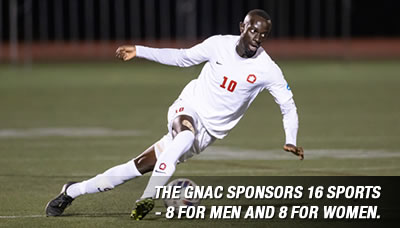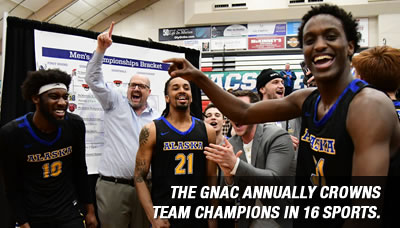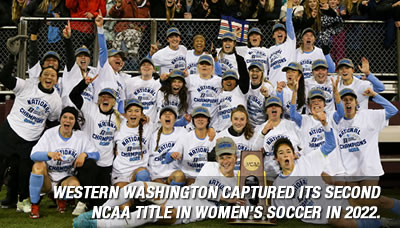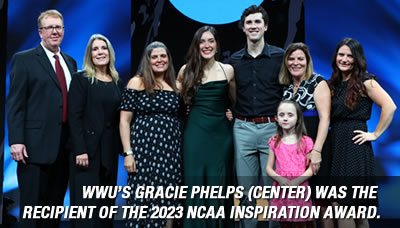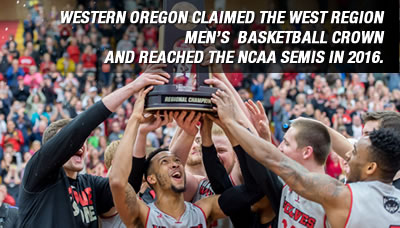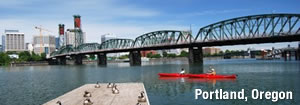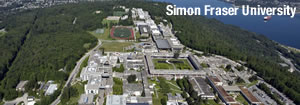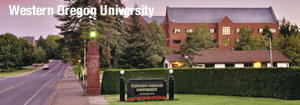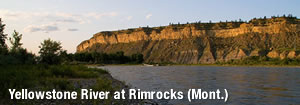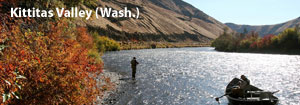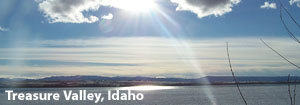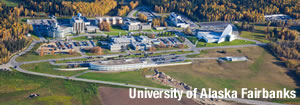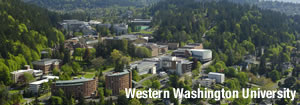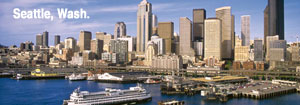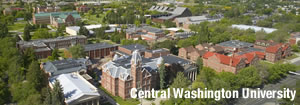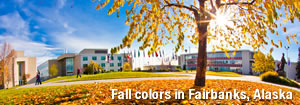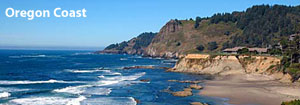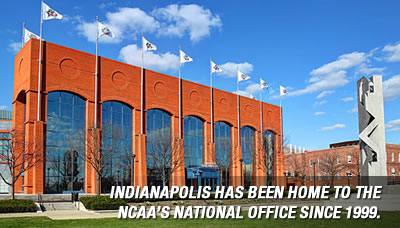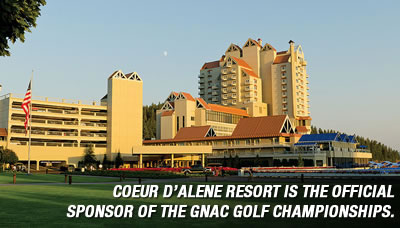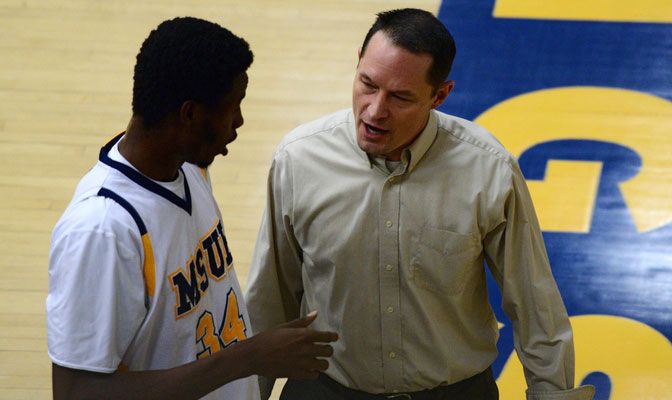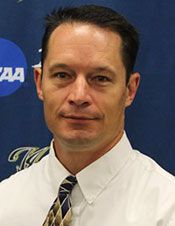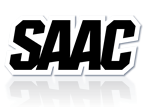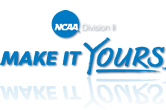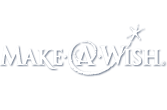Saturday, March 17, 2018
In celebration of National Athletic Training Month, the GNAC is profiling athletic trainers throughout the conference. These trained medical professionals at every school work to keep the student-athletes of the GNAC healthy, active and safe.
National Athletic Training Month is an initiative of the National Athletic Trainers Association. To learn more about the month and role athletic trainers provide to the college athletics community, Click Here.
Name: Thomas Ebel
Institution: Montana State University Billings
Years At Institution: 6
Hometown: Ewa Beach, Hawaii
Colleges Attended & Degrees: Concordia University-Nebraska (Undergraduate, Exercise Science), Teacher Certificate (K-12 PE, Health, 7-12 Science); Eastern New Mexico University (Graduate, Athletic Administration)
Sports In Which You Have Served As A Primary Athletic Trainer: I have been the primary athletic trainer for all major sports. My current job is the only job where I work with other athletic trainers. Currently, I cover men's soccer, men's basketball and track and field.
What Prompted Your Interest In A Career In Athletic Training: As a high school junior, I was going to go into computers and making some real money. But, after I broke my leg playing football, I couldn't get to my computer class because there was no elevator in that building. As I went through the rehab process, I became more in more interested in physical therapy and athletic training. As I got older, I played college basketball and tennis. We didn't have a certified athletic trainer at my university. I did some checking and got in touch with Mark Feight, who became my athletic training mentor. I passed the test and started working as an athletic trainer. I did end up going to physical therapy school but I didn't finish because I decided it wasn't for me.
Who Has Been The Biggest Influence On Your Career: My mentor, Mark Feight, gave me a chance and was willing to teach me. I went to a different school than the one he worked at. I would say I learned the most in my first job from Dr. Doug Tewes, Gary Pomerenke, PT, Mr. Smith, PT. We had 14 serious knee injuries in my first year as an athletic trainer. I learned how to rehab knee injuries from these guys really fast. Dr. Tewes was also very patient and willing to teach a young certified athletic trainer.
For You Personally, What Are The Most Satisfying Aspects Of Being An Athletic Trainer: I enjoy the process of figuring out what the problem is, trying to solve it and then seeing the athlete move through the injury and back into competition.
What Are The Most Challenging Aspects Of The Job: Dealing with different people. People are different and react differently to injury and pain. Figuring them out can be the biggest challenge.
What Is The Most Misunderstood Aspect Of The Athletic Training Profession: Still after 25 years - What is it that we do?
What Is One Key Element Of Your Job That Most People Would Not Realize: We are healthcare providers and trained in emergency medicine. It goes back to the question: What do athletic trainers do?
What Has Been The Biggest Change In Athletic Training During Your Career: We have become a more diverse group. We have spread out of the academic world and into business, the military and, for the most part, are better utilized within the hospital/clinic setting.
What Do You See As Primary Health Concerns Currently In College Athletics: I still feel that we don't do a great job with nutrition. Nutrition is a large part of what goes on with the athlete and we still struggle to get athletes to eat well.
What Advice Would You Give To A High School Or College Student Interested In Pursuing A Career In Athletic Training: Find someone to observe for several months. Get involved. The only way to truly learn something is to get hands-on experience.

